
A Public Finance Perspective on Climate Policy
Six Interactions That May Enhance Welfare
Recommendation
Climate policy impinges on public finance, particularly in the ways governments pay for alternative energy solutions and climate change mitigation, as well as in how they handle green tax revenues. Researchers Jan Siegmeier, Linus Mattauch, Max Franks, David Klenert, Anselm Schultes and Ottmar Edenhofer detail how countries’ environmental plans can affect their fiscal regimes, including through taxation, income inequality and intergenerational transfers of costs and benefits. getAbstract recommends this creative and thoughtful exploration of options in tackling climate and budget issues to policy makers, fiscal analysts and economists.
Summary
About the Authors
Jan Siegmeier et al. are affiliated with the Technische Universität Berlin.









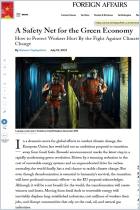
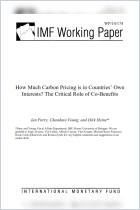
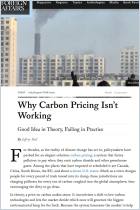
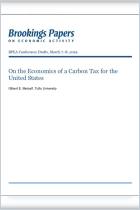
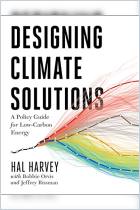







Comment on this summary